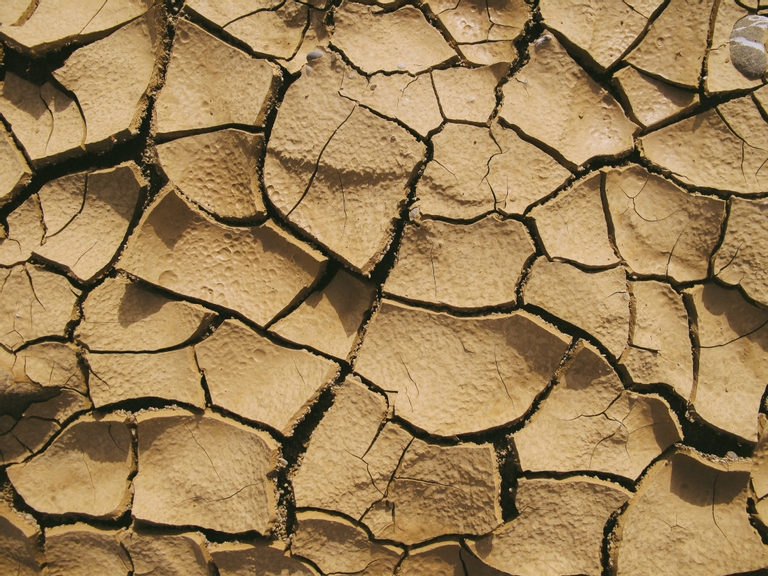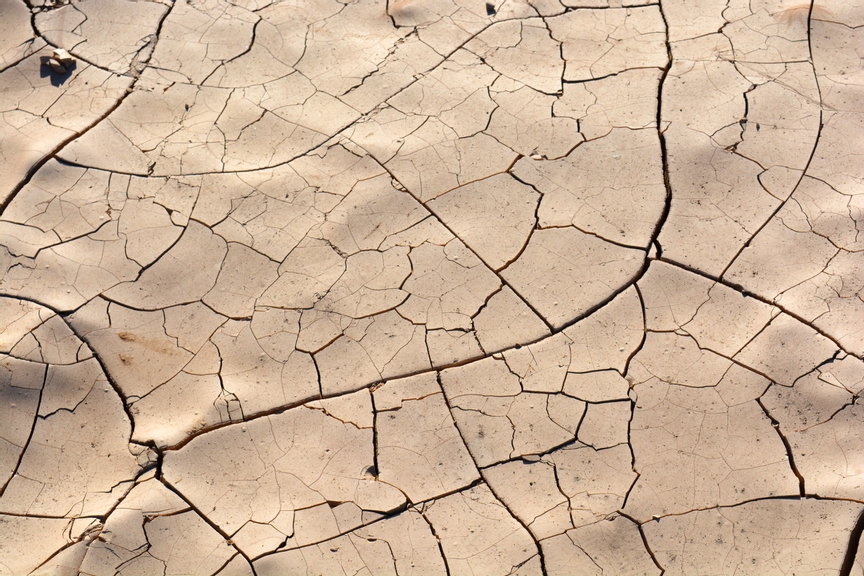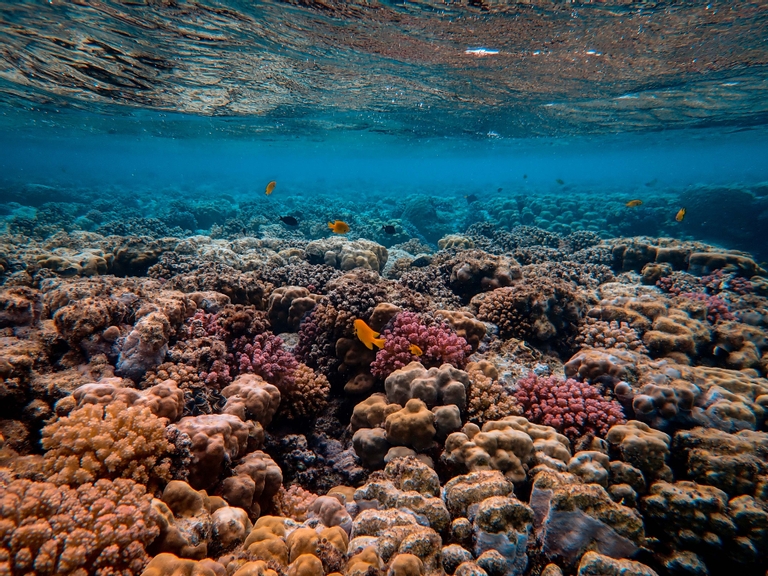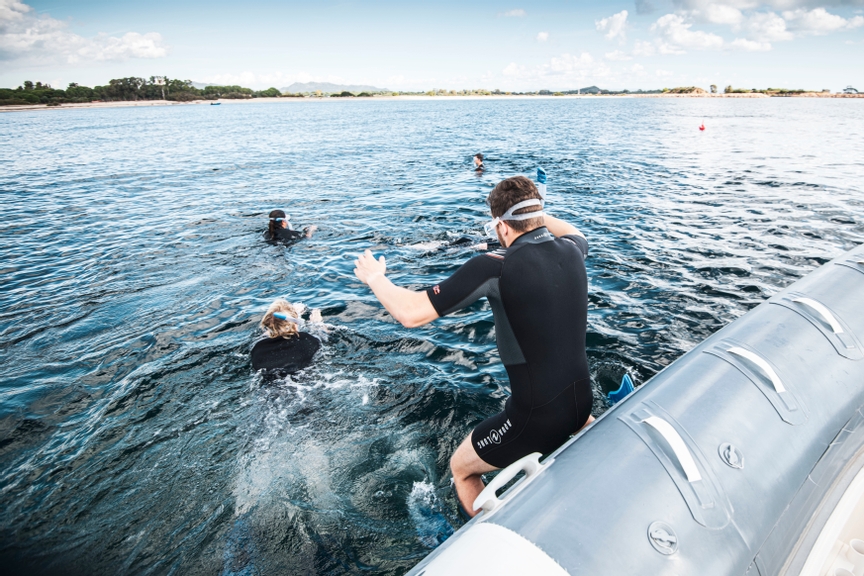Marking world day to combat desertification and drought 2022

On World Day to Combat Desertification and Drought 2022, Extreme E caught up with Alessio Satta, President of the MEDSEA Foundation, to outline the stark realities affecting our planet.
This year, the theme of the International Day Against Desertification and Drought is "Rising up from drought together" and emphasises the need for early action to avoid disastrous consequences for humanity and the planetary ecosystems.
Droughts and extreme events such as floods are expected to be the visible consequences of a dramatic change in the rhythm and intensity of rainfall. The increase in temperatures also affects the vast masses of salt water. Drought is not just the absence of rain; it is fuelled by land degradation and the climate crisis.
Desertification is the degradation of land in arid, semi-arid and dry sub-humid areas – caused primarily by climatic variations and is not just down to the expansion of existing deserts.

The World Day to Combat Desertification and Drought is observed every year to promote public awareness of international efforts to combat desertification. The day is a unique moment to remind everyone that land degradation neutrality is achievable through problem-solving, strong community involvement and co-operation at all levels.
What’s more, the World Day to Combat Desertification and Drought underlines that the matter requires urgent attention.
When the land degrades and stops being productive, natural spaces deteriorate and transform. Thus, greenhouse gas emissions increase and biodiversity decreases. It also means there are fewer wild spaces to buffer infectious diseases, such as COVID-19, and protect us from extreme weather events, such as droughts, floods, and sand and dust storms.
Alessio Satta, President of the MEDSEA Foundation, said: “Current studies suggest that mangroves, seagrasses and coastal wetlands sequester carbon annually at ten times faster than mature tropical forests. They also store three to five times more carbon per equivalent area than tropical forests. When these habitats are damaged or destroyed, not only their carbon sequestration capacity is lost. Carbon stored in habitats can also be released, contributing to increased levels of greenhouse gases in the atmosphere.
“Our findings at the MEDSEA Foundation emphasise the importance of conserving and restoring biogeomorphic wetlands. Conservation measures are particularly rewarding in peatlands, where carbon densities are the highest and where carbon stocks lost by degradation take centuries to millennia to rebuild.”

The facts on the impact of drought and desertification are alarming. Between 1900 and 2019, droughts impacted 2.7 billion people in the world, and caused 11.7 million deaths. Currently, forecasts estimate that by 2050 droughts may affect over three-quarters of the world’s population. Moreover, an estimated 55 million people globally are directly affected by droughts every year.
Climate change is expected to increase the risk of droughts in many vulnerable regions of the world, particularly those with rapid population growth, vulnerable populations and challenges with food security. By 2050, between 4.8 and 5.7 billion people will live in areas that are water-scarce for at least one month each year, up from 3.6 billion today.
However, Extreme E’s next event, the Island X Prix double-header in Sardinia, co-organised by the Automobile Club Italia and Regione Sardegna, underlines just how widespread the climate crisis has become. The region highlights several climate issues not only facing Europe but also the wider world, as environments become increasingly susceptible to rising temperatures, heatwaves and wildfires.
The series will continue to work with the MEDSEA Foundation to support last year’s Island X Prix legacy programmes, which focus on both blue and green carbon stores. Already these projects have made considerable progress in the restoration of areas hit by wildfires and replenishing seagrass beds of Posidonia oceanica in the waters of the Marine Protected Areas around Sardinia.

The MEDSEA Foundation’s work includes wetlands management and conservation, and more specifically on reducing water abstraction.
Satta added: “Land use change and unsustainable land management are leading to degradation and desertification. Fortunately, wetland conservation can diminish land degradation caused by human activities and climate change to buffer communities at risk. Because of the benefits of wetlands for carbon storage and other ecosystem services, the MEDSEA Foundation increasingly consider their restoration as a crucial tool to counteract biodiversity loss and climate crisis.
“In the last five years, MEDSEA have restored more than 1,000 hectares of marine and coastal wetlands in Sardinia by reducing water abstraction, implementing afforestation, controlling grazing, and promoting sustainable agricultural practices.”